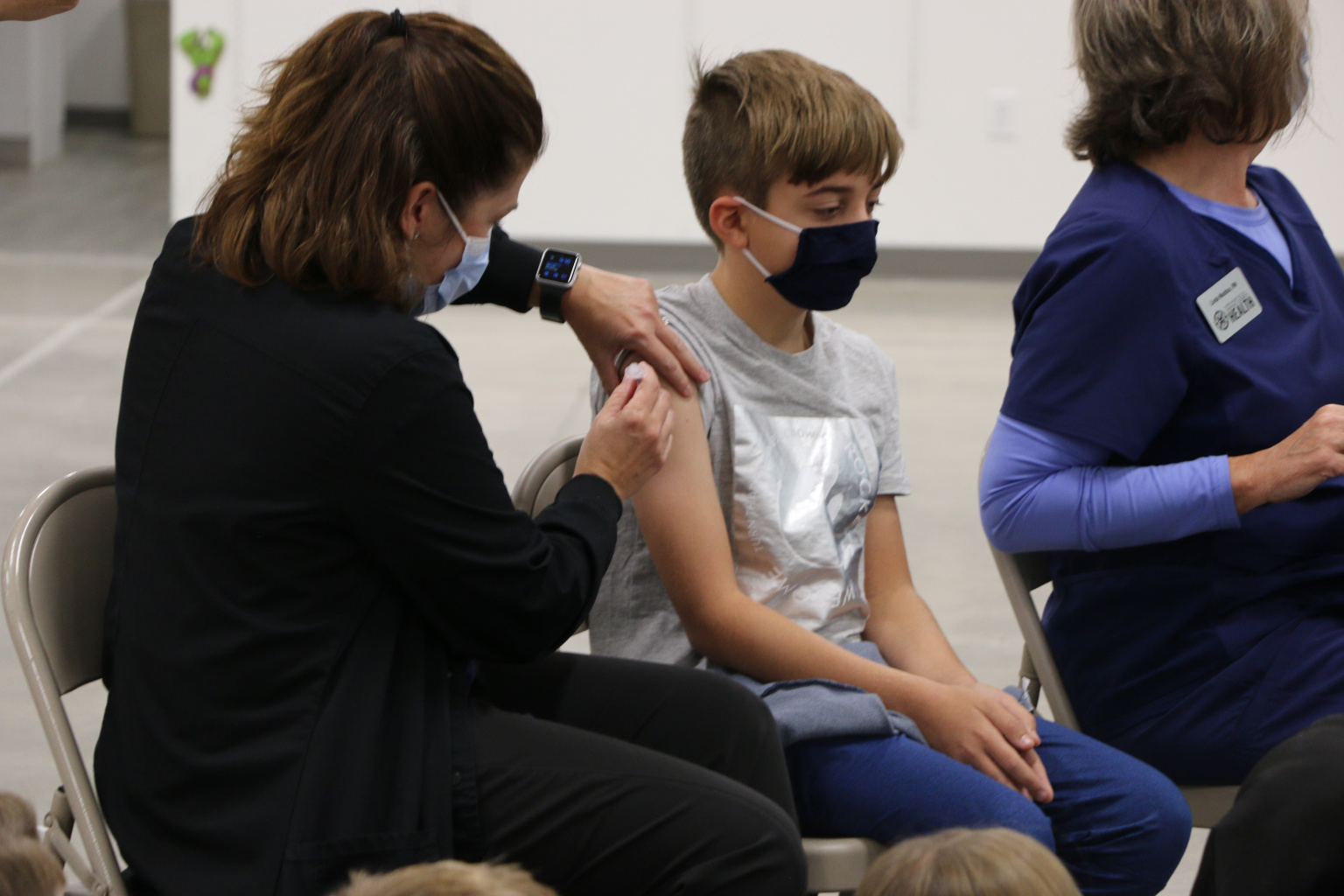It’s January. The holidays are over, the air is dry and cold and kids are back at school.
The cold winter months are prime time for seasonal viruses to spread in schools. With students inside more often, it’s important to take added precautions to stop the spread of illness.
Symptom tracker
The continued risk of COVID-19 remains this winter, but we can also count on typical winter illnesses like the common cold, RSV and influenza to make their rounds in classrooms.
People catch these viruses in similar ways: Inhaling airborne droplets when an infected person coughs or sneezes, touching contaminated surfaces or being in close contact with someone who is sick.
Symptoms are similar but can vary with each illness. Parents should watch for these signs, but know it is best to contact your health care provider if you think your child is sick:
COVID-19
- Fever
- Cough
- Fatigue
- New loss of taste or smell.
Influenza
- Fever
- Cough
- Body aches
- Vomiting or diarrhea.
Common cold
- Runny nose
- Sore throat
- Cough
- Sneezing.
RSV
- Runny nose
- Decrease in appetite
- Fever
- Wheezing.
Prevention and Precautions
The best preventative step against COVID-19 and influenza is to get vaccinated. The COVID-19 vaccine is available to children five-years-old and up. Influenza vaccines are available yearly for children six months and older.
Schools can take precaution by disinfecting surfaces that are touched often, hosting vaccination clinics, encouraging students to cover coughs and sneezes, and avoid touching their eyes, nose and mouth.
If your child is displaying symptoms of illness, keep them home from school, especially if they have a fever. Reduce close contact with other people and encourage other preventative measures, like wearing a mask and frequent hand washing.
Can another surge be prevented?
The answer lies in the community’s vaccination rates. With the opportunity for everyone ages five and up to be vaccinated against COVID-19, the risk of a surge can be reduced.
Those who contracted COVID-19 during the Delta variant surge in summer 2021 can expect their natural immunity to begin to wane in the new year. As a result, the Health Department strongly recommends vaccination to help prevent another incidence of illness and to help avoid a case surge in the community.
Schedule your COVID-19 and flu vaccines at Vaccine417.com.


